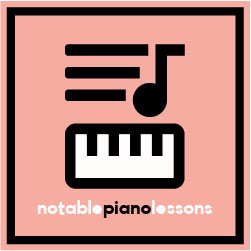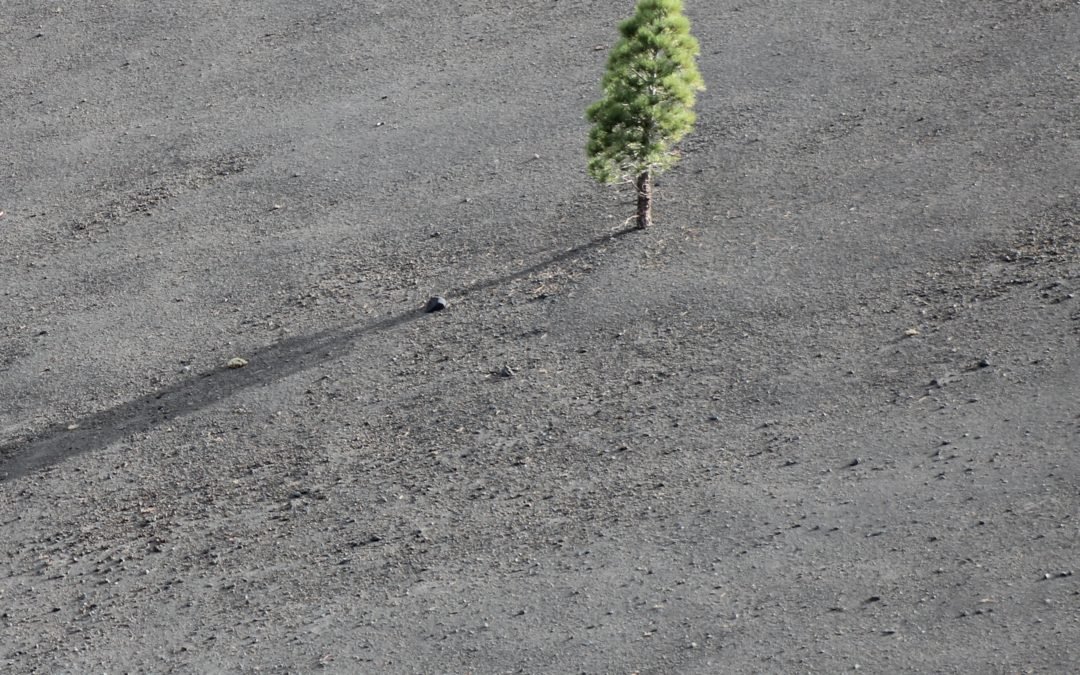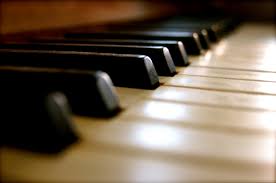8.Persistence And Determination Trump Natural
Photo by Lucas Myers on Unsplash
We all come into this world with unique strengths and weaknesses. Some of us are just naturally better at certain things. I have seen where some people’s fingers are naturally shaped to produce better tone and technique. This doesn’t mean others can’t develop this rounded hand position–it just might take more time.
I’ve also witnessed students who start lessons who don’t feel that rhythmic beat that may come so easily to others. Does that mean they cannot learn to play the piano well? In my experience, I would say absolutely not! Again it just might take a little longer. I’ve also seen where a student has a lot of natural ability and because they either lack interest or discipline to practice, they usually don’t progress very fast.
Several years ago, I had this student who I will call Annie start taking piano lessons in a group class of 4 girls who were 12 years old. She had taken piano lessons before but had not succeeded and was starting over. The 3 other girls in the class had a lot of natural ability. Everything came easy for them while Annie struggled with everything. Nevertheless, Annie enjoyed practicing and eventually she outshined them all.
She ended up taking lessons from me until she graduated from highschool and was able to play some really fun popular and classical repertoire. I remember her old piano teacher approached me one day and thanked me for teaching her because she had not been able to teach her how to play the piano. I had heard stories about people outperforming those who had a lot more natural ability. It was fun to actually experience it firsthand.
9. Consistent Practice Time Is Essential For Progress
Before you start lessons, please realize that learning to play the piano well is going to take some time and commitment. I get this question every so often, “How long does it take to learn how to play the piano?” After teaching piano lessons for over 20 years, I answer that question a little differently than I used to. The answer to that question is not concrete. It depends on your ability and how much time you are willing to invest into practicing. We all know you get more out of something when you put more into it.
So how much time would an average learner have to put into make some pretty good progress? In my experience, I would have to say for the first 1-3 months and adult beginner should practice at least 10-15 minutes a day for 5 days a week. This would produce some great results. Then as more material and skills are introduced, I would recommend at least 20-30 minutes a day. If you want to progress faster, I would recommend 45-60 minutes a day 5 days per week.
Everyone’s schedules are different and life can be unpredictable at times. So if you only have 10-15 minutes a day, that can still be enough to produce some great results. You just won’t be able to cover as much material. It’s mainly the consistency with which you practice that will make a huge difference in your results. I would shoot for 5 days a week and a minimum of 3 days to make consistent progress. Of course if you are on a path to make piano your career, you would want to practice much more than that.
Also don’t think you can cram a weeks worth of practice into one or two days. You will still progress, but at a much slower rate. The brain works better with more days of repetition in the week. Just writing about this makes me want to get up and practice right now! It is so fun to get into a regular practice routine and literally see and feel the progress you make each day and week. It feels amazing to know while you are sleeping or doing something else, your brain is working on building your piano skills!
10: Persistence And Patience Are The Keys To Learning How To Play The Piano
Learning new skills is an adventure, but there will be times when maybe we might feel a little bored and we won’t feel like practicing. There will be times when we get frustrated because we might be thinking this piece should not be taking this long to learn. This is like any new skill we learn, sometimes it will be hard and challenging and that’s actually a good thing. That means we are progressing!
Two of the most important things I would suggest and remind beginning piano students to do is to be perisistent and patient with yourself. We have probably learned by now that anything worthwhile in this world is not developed overnight. Remember the story of the tortoise and the hare? Slow and steady wins the race!
If we can just remember to be patient with ourselves and push through those rough spots. As we are persistent, we will find answers to our questions and our frustrations will turn into successes. Although I have learned a couple of other instruments, piano is by far my favorite!! I love it because it is one of the only instruments I know that sounds amazing all by itself. If you are thinking about learning how to play the piano online, and want to be taught solid beginning piano technique, please learn more about me and my approach at here where I teach older beginner piano lessons in a community membership site so you can learn at home, but not alone!


